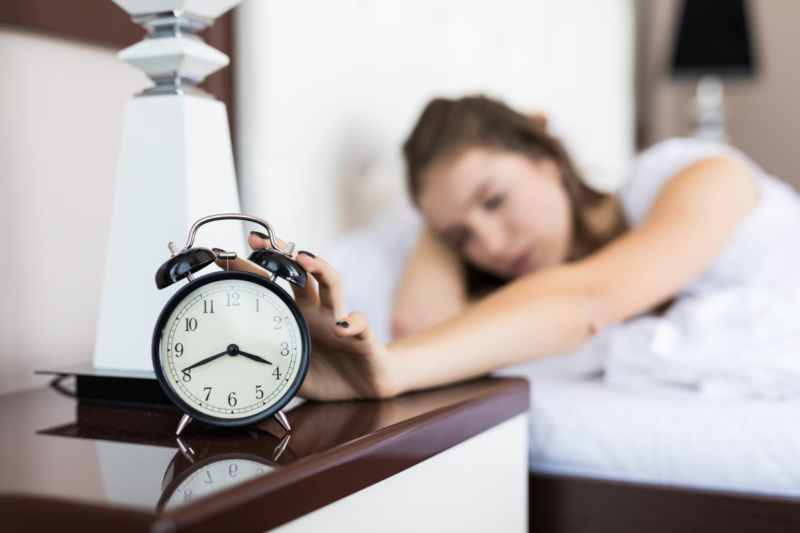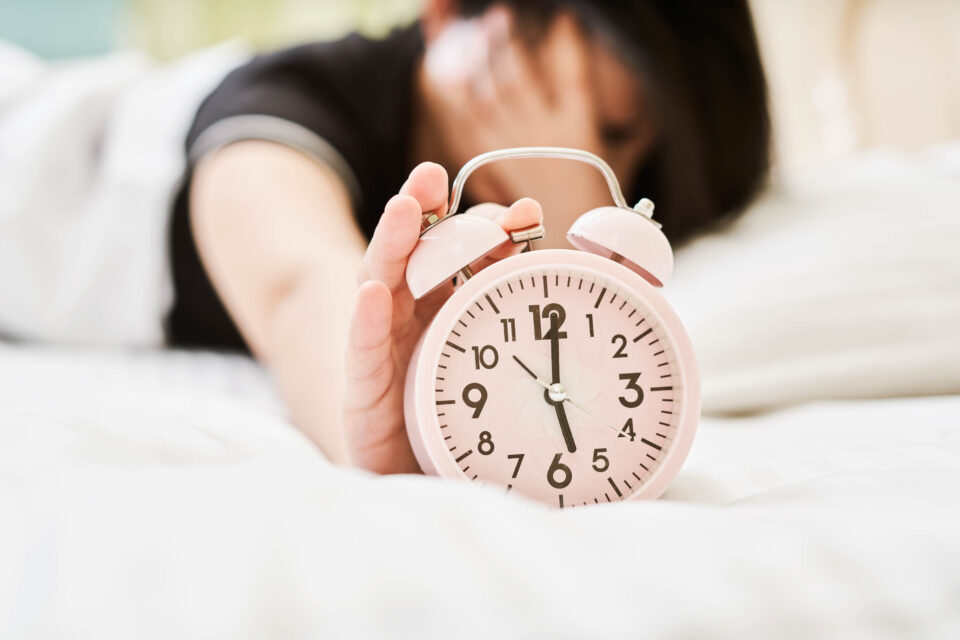Waking up in the middle of the night can be a delightful experience when, upon checking the clock, we discover there are still several hours of sleep ahead. However, for many, it can turn into a frustrating routine, diminishing the chances of achieving restorative sleep. It’s natural to wonder why this happens and to what extent it can be prevented.
The Intricacies of Nighttime Awakenings
Numerous factors can disrupt our nighttime slumber, from a mosquito lurking in our bed to severe cases of insomnia. While each circumstance may have its unique characteristics, a significant portion of the population finds themselves waking up during the night with notable frequency.
The Internal Ballet: Circadian Rhythms and Sleep Cycles
Beyond external factors, two internal processes are intimately connected to nighttime awakenings: the circadian rhythm and the sleep cycle. The circadian rhythm is our “biological clock” guiding sleep-wake cycles—a bundle of biological processes activating us during the day and preparing us for sleep in the evening. Melatonin, the “sleep hormone,” transmits this information across different parts of our brain, responding to the light we perceive as a cue to produce or inhibit melatonin.
The sleep cycle refers to a series of stages that unfold and repeat during our daily sleep. A night of sleep comprises four to six sleep cycles, each with four stages: one REM (rapid eye movement) stage and three non-REM stages, each deeper than the last.
Although the cycles repeat in structure, the presence of each of the four stages may vary in each cycle. In the initial cycles, the deeper stages predominate. Hence, waking up in the early hours of sleep is easier but getting back to sleep becomes more challenging.
Unraveling the Threads: Factors Affecting Nighttime Awakenings

Numerous internal and external factors can influence the frequency of nighttime awakenings, affecting our circadian rhythm or sleep cycle. Age stands out as a key factor. Over time, circadian rhythms change, along with our sleep needs. Aging can disrupt sleep, with older individuals experiencing interruptions up to four times a night. Menopause can also impact the ability to sleep through the night, along with pregnancy. Age is also linked to nocturia, sleep interruptions caused by the need to use the bathroom.
Our psychological state plays a role as well. Stress, anxiety-related disorders, or depression can adversely affect sleep quality. The downside is that poor sleep quality can exacerbate these issues, potentially creating a vicious cycle.
Physical pain, from mild headaches to chronic pain, can also disturb our sleep. Additionally, certain medications like beta-blockers, corticosteroids, antidepressants, or diuretics may negatively impact our sleep.
Understanding the root causes of our sleep issues is the first step toward resolution. Adapting to changes in our bodies can be challenging, but some general guidelines can be helpful. Establishing a proper “sleep hygiene” is one such guideline.
Navigating the Terrain: Sleep Hygiene Tips
Introducing changes to our schedule can be beneficial. Standard recommendations often begin with maintaining regular sleep hours, going to bed at “reasonable” times to allow for the recommended seven to eight hours of sleep.
Another habit change may involve eliminating naps. Napping can negatively impact nighttime sleep. However, science tends to consider individual differences significant in this regard, meaning there can be substantial variations from person to person.
Another crucial guideline is avoiding screens or other blue lights in the last hours of the day. Physical activity can also help, though it’s generally recommended not to engage in strenuous exercise right before bedtime. In other words, don’t hit the gym just before hitting the hay. Eliminating alcohol and tobacco from our daily routines can also enhance sleep quality.
Many sleep-improving techniques are relaxation techniques. These can also help ensure that sleep interruptions don’t translate into lost hours of sleep. “Emptying” our thoughts into a journal before bedtime, controlling our breathing—these are ways to prevent stress from affecting our sleep.
The Sleep Deprivation Quandary: Impact on Health and Well-being
Lack of sleep and rest has significant effects on our physical health and mood. It’s no wonder that it’s becoming an increasingly concerning issue for people, leading countries like Spain to have one of the highest consumptions of sleep medications such as benzodiazepines.
Like any other health problem, solving it isn’t always in our hands; health experts often need to guide us with appropriate measures. However, taking the initial steps toward better sleep remains within our control.
In the quest for a good night’s sleep, let’s remember that it’s a journey worth undertaking, and the first steps toward a more peaceful slumber are in our hands.
